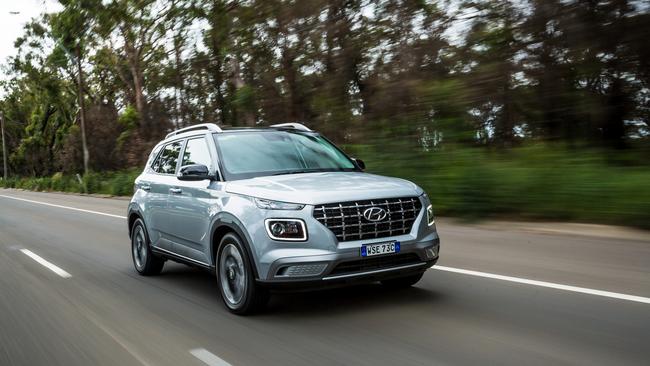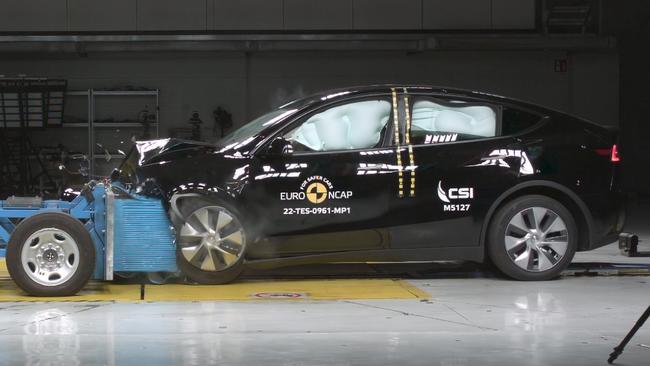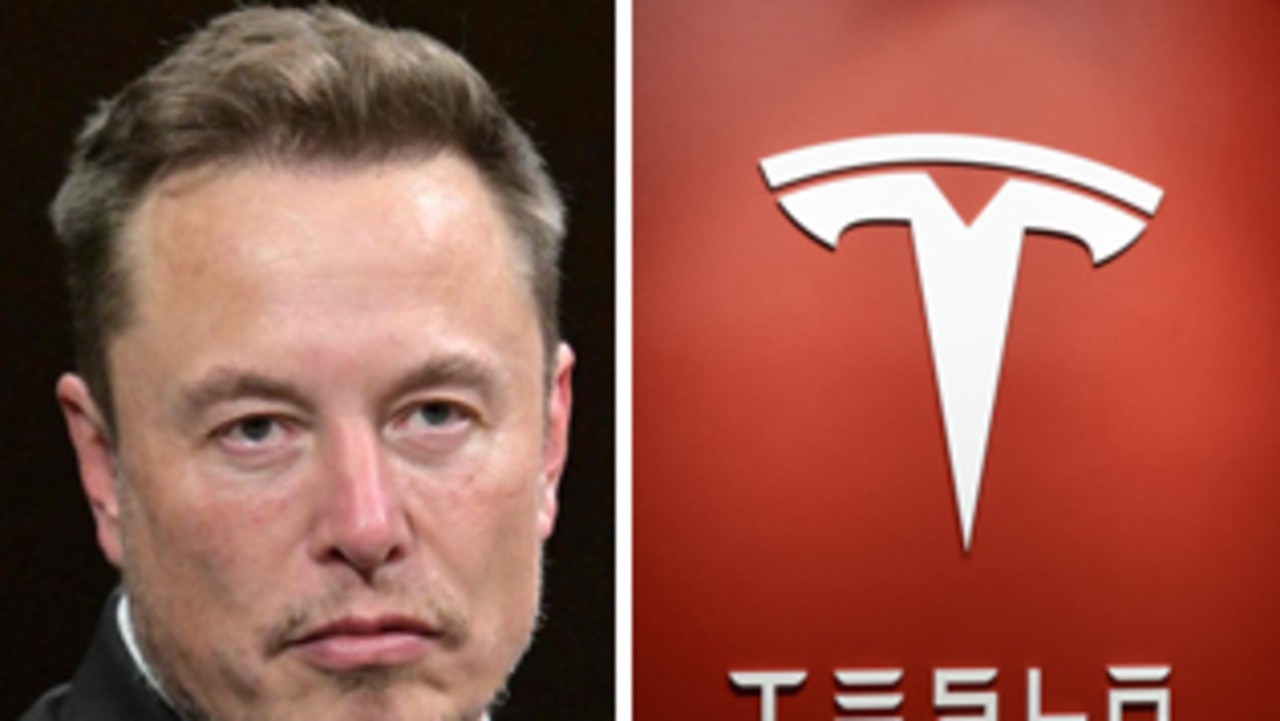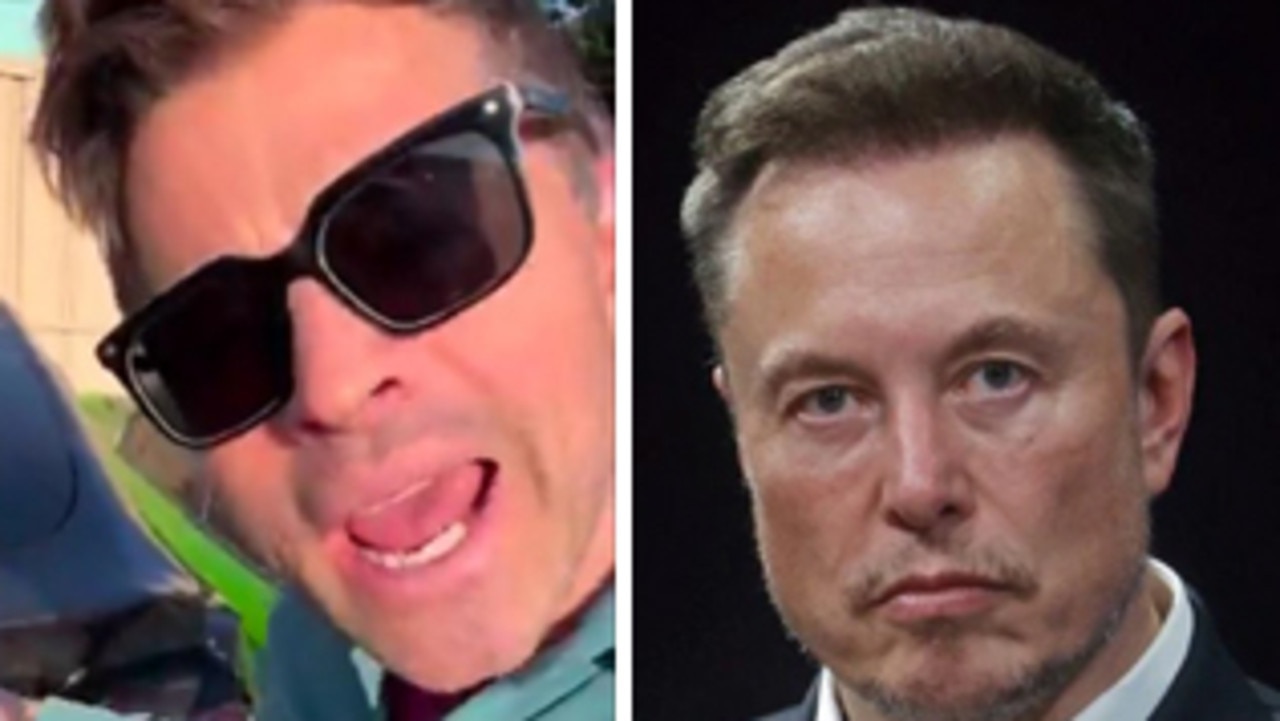Tesla slammed in safety report
While Elon Musk’s car company makes some of the safest cars on the road, the actions of its customers are anything but safe.

Motoring News
Don't miss out on the headlines from Motoring News. Followed categories will be added to My News.
Tesla has been slammed in a shocking report that found its cars are more likely to be involved in a fatal crash than any other brand of new vehicle on the road.
An American study compared the number of fatal crashes with the distance driven by different vehicles and the number of registered vehicles.
It found Tesla has the highest fatal accident rate of all car brands in the US, followed by Kia, Buick, Dodge and Hyundai.

MORE: Can Chinese utes handle the bush?
The result comes despite Tesla vehicles such as the Model 3 and Model Y scoring high safety ratings – even setting new records during afety assessment.
The report, compiled by iseecars.com, suggests that “high fatal accident rates reflect driver behaviour as much or more than vehicle design”.
Karl Brauer, iSeeCars executive analyst, says new cars “are safer than they’ve ever been”.
“But these safety features are being countered by distracted driving and higher rates of speed, leading to rising accident and death rates in recent years.
“A vehicle’s size, weight, and height certainly play a part in its ability to protect passengers in a crash.
“But the biggest contributor to occupant safety is avoiding a crash, and the biggest factor in crash avoidance is driver behaviour.

MORE: Car giant cops $2 billion loss
“A focused, alert driver, travelling at a legal or prudent speed, without being under the influence of drugs or alcohol, is the most likely to arrive safely regardless of the vehicle they’re driving.”
The report focused on publicly available US crash data for vehicles built between 2018 and 2022.
Small cars had the highest fatal accident rate while midsized and full-sized cars were both below average.

While modern small cars benefit from the latest engineering and safety tech, they still have a size and weight disadvantage in accidents with a larger vehicle.
“It’s difficult to overcome physics, even with high-strength steel and airbags,” Brauer said.

“When two small cars collide the forces are equalised and both vehicles tend to hold up well. “But if a compact hatchback and a full-size pick-up truck try to occupy the same space at the same time, the smaller car always loses.”
Driver behaviour also played a role in the results. Performance cars such as the Chevrolet Corvette, Porsche 911 and Chevrolet Camaro were over-represented in crash statistics, suggesting their owners were more likely to speed or drive recklessly.



